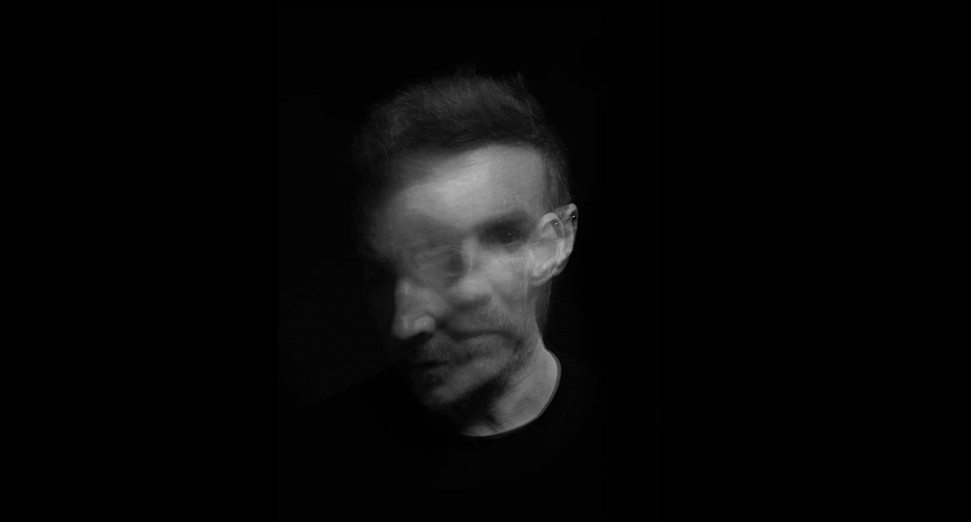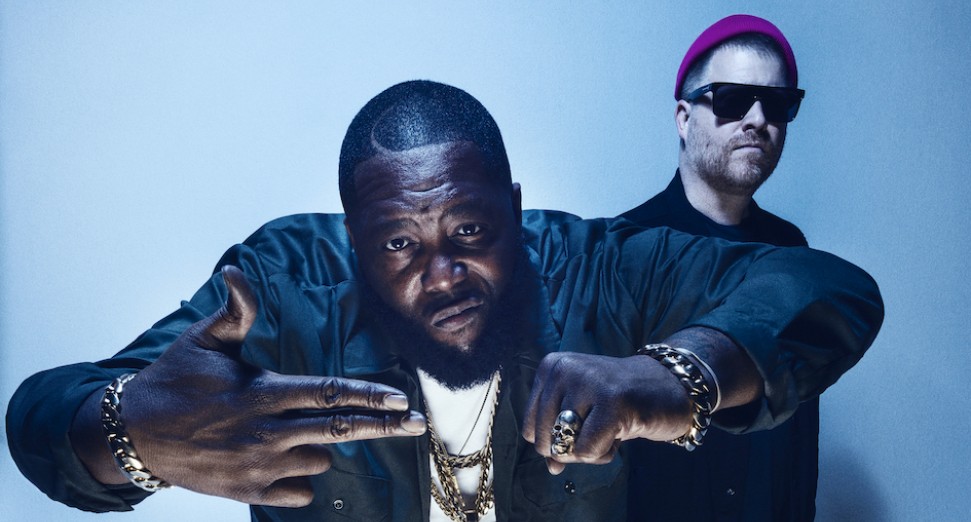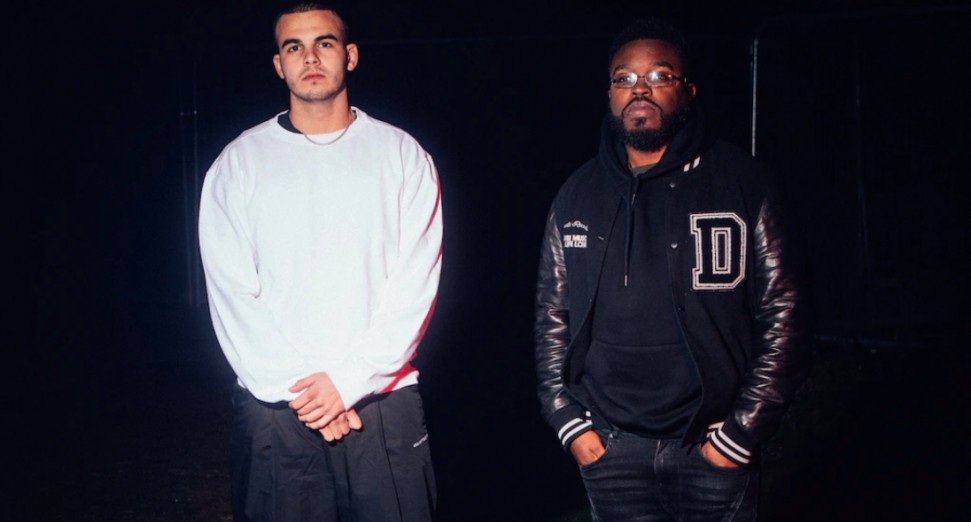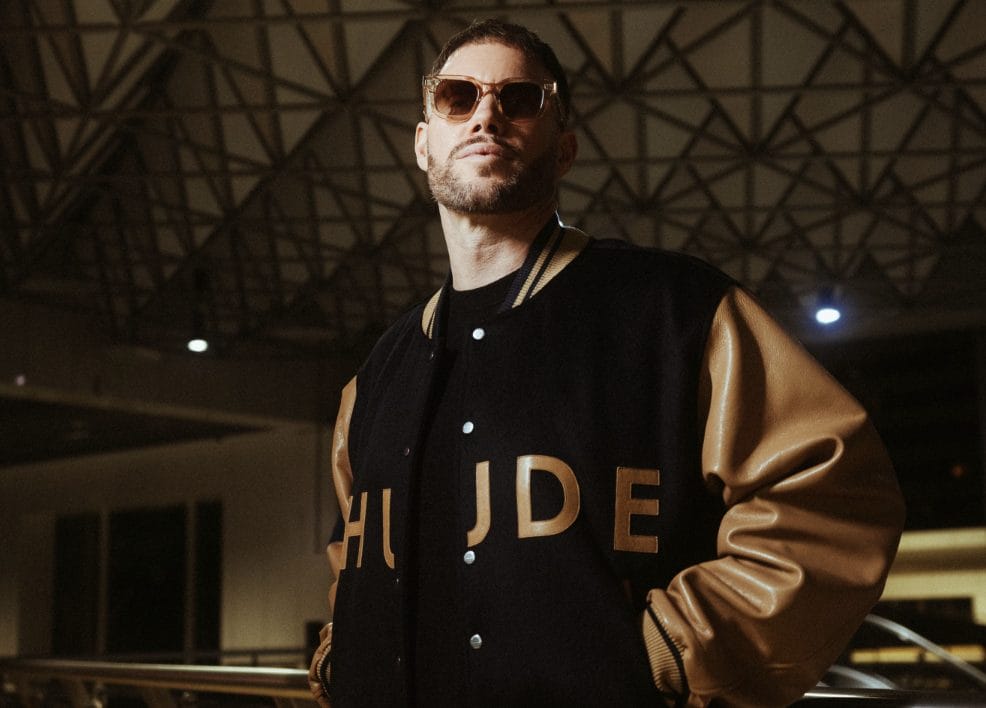
How DJ KATCH Gets More Done With Less Distraction And Why Distraction Kills the Flow
You don’t rack up 700 million streams by winging it. DJ KATCH isn’t new to this — and with his latest single ‘No Good’ dropping April 11th via Selected, he’s reminding us why he stays at the top of his game. Teaming up with rising Australian talent Clearest, KATCH flips the iconic hook from Kelly Charles’s 1987 anthem into a lean, future house heater.
Classic, yes — but fully refitted for dancefloors that crave tension, build, and low-end punch. This is the second time he’s run it up on Selected, and based on how ‘You’re Makin’ Me High’ performed (30M+ and climbing), this one’s got that same unstoppable energy.
But behind the glossy numbers and playlist dominance is a guy who’s serious about protecting the headspace it takes to get there. In this interview, KATCH opens up about distraction — the kind that kills creative momentum and the kind you don’t notice until it’s already under your skin. From turning off his phone to working in timed sprints, he breaks down the rituals and boundaries that keep his workflow sharp and the music flowing.
It’s a look inside the real discipline that powers all those viral moments — not the myth of inspiration, but the reality of making space for it.
And honestly, if you’re a producer who’s ever felt like your ideas get hijacked before they even hit the timeline, this is a conversation worth your time.
Protecting Your Focus From Distraction
What distractions have the biggest impact on your ability to make your best work?
The biggest one is definitely the phone. Notifications, messages, socials — they all pull you out of the zone before you even realize it. Once you’re out, it’s hard to get back in. Sometimes, even just seeing your phone light up can mess with your flow.
Aside from the phone, another major distraction is mental noise — like overthinking, stress, or trying to juggle too many things at once. If I’ve got a lot going on in life or I’m stressed about something unrelated, it follows me into the session. Even things like background noise or being in an uninspiring space can throw me off. It’s not always the obvious digital stuff — sometimes it’s the smallest things, like a noisy room next door, that pull you away from making your best work.
How do you protect your focus when everything around you is pulling for your attention?
The best move? Turn off the phone — straight up. Put it on flight mode or leave it in another room. When you’re in a session, your energy needs to stay with the music, not with every little ping or pop-up.
I also try to set the vibe before starting — dimming the lights, having drinks ready. That little pre-session ritual kind of tells my brain: “Alright, this is go time.” It’s about creating a mental doorway into focus.
Have you ever noticed a drop in quality when you let too much external input into your sessions?
Oh yeah, for sure. The moment you’re too plugged into the outside world — whether it’s scrolling socials or replying to random messages — your ideas get scattered. You start second-guessing things, and the flow disappears.
There was one session late at night where I locked in for about four hours straight. Phone off — I didn’t even notice the time passing. I ended up building a whole track from scratch, and the core idea was so clean and on point that I barely needed to tweak it later. That one became one of my favorite pieces — not because it was the most complex, but because the vibe was real, and it felt effortless. That session reminded me just how powerful deep focus can be.
What systems or boundaries help you stay locked in when it’s time to work?
I like working with deadlines — even if they’re self-imposed. Like, “I need to have this track done in 3 hours.” It keeps me from spiraling into perfectionism or endlessly tweaking things.
When you give yourself a timer, it forces you to focus on what really matters and make quicker, more intuitive creative decisions. I’d say somewhere between 2 to 4 hours per session is the sweet spot. It’s long enough to make real progress and go deep, but not so long that you burn out or lose perspective. If I stretch past 5 or 6 hours, things start to get blurry — I might think I’m improving the track, but I’m probably just making sideways changes. It’s usually better to wrap up and revisit with fresh ears.
How do you keep your workflow from turning into a loop of checking, tweaking, and second-guessing?
What helps me is bouncing the track after a session and listening with fresh ears later, instead of getting stuck in the same 8 bars for hours. I also try to keep a “move on” mindset — finish the idea, even if it’s not perfect.
You can always come back, but getting stuck kills the momentum. The truth is, things sound different when you’re not obsessing over them. Sometimes the flaws you were stressing about aren’t even noticeable later. You just need to keep the energy moving forward.
What role does digital distraction (social, email, etc.) play in your creative process — and how do you manage it?
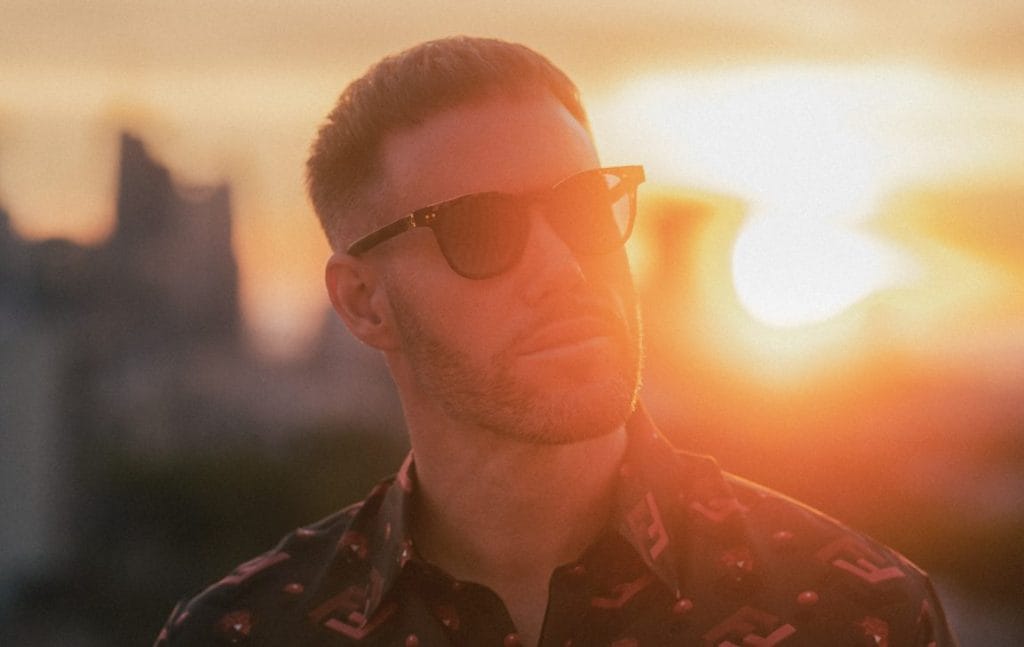
Digital distractions are everywhere now — emails, DMs, random stuff constantly popping up. That’s why I really recommend flight mode during sessions. Most things aren’t that urgent — they can wait.
The second you check a message or open an email, your brain shifts gears, and that breaks the creative flow. I also try to separate “creation time” from “communication time.” I’ll give myself a window to respond to things after I’ve done the work — not during. That way, I’m not carrying that open-loop feeling of “I should reply to this” while I’m trying to make music.
But I have to admit — it took me quite a while to get used to that, and not fall back into those old habits of always being online in the studio.
What’s changed in your sessions since you started prioritizing focus more deliberately?
Way more productivity. I finish more ideas, and they come out cleaner and more intentional. I also enjoy the sessions more because I’m actually present in them.
Fewer emails = less stress — just better vibes overall. When you cut out distractions, your ideas start coming together more naturally. I had a session with a songwriter last week that really stood out. We were both on the same page about digital distractions, which already set a solid start.
We knocked out three demos in that session, and the focus level was incredibly high. We both walked out saying, “Okay, this should be our new standard for sessions.” So yeah — the bar is definitely set now.

